Reasons Why Pet Inheritance is Messier Than You Think
Planning for your pet’s future might seem simple, but legal, financial, and personal challenges make it more complicated than most realize. From setting up trusts to navigating disputes, ensuring your pet is cared for after your passing requires careful planning. Here are 17 reasons why pet inheritance is messier than you think.
Legal Status of Pets

Credit: pexels
Legally, pets are considered property in most jurisdictions. This means they cannot directly inherit assets like a person can. To ensure their care, you must establish a pet trust or designate a caregiver in your will. Without proper legal planning, your pet may not receive the attention or resources they need.
Complexity of Pet Trusts
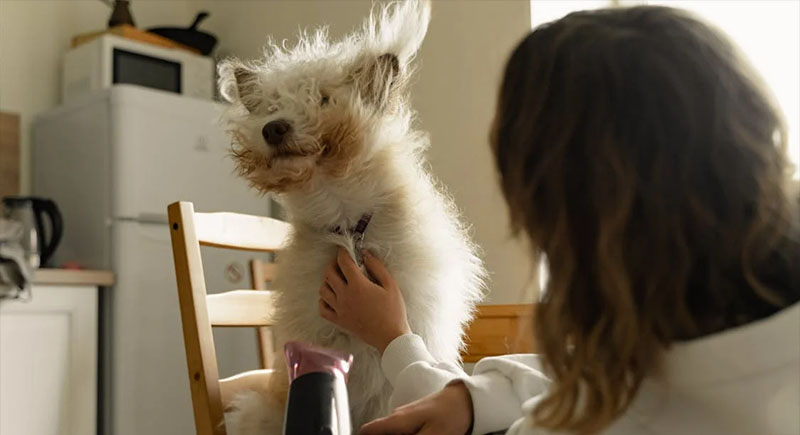
Credit: pexels
Creating a pet trust involves more than just assigning funds. You must appoint a trustee to manage the money, choose a caregiver, and provide specific instructions for your pet’s care. Mistakes in drafting the trust can lead to confusion or mismanagement, leaving your pet vulnerable to inadequate or improper care.
Potential for Disputes

Credit: pexels
If you leave a large sum of money for your pet, family members or heirs might feel slighted. This could lead to legal disputes over the validity of your will or trust. Such conflicts not only delay your pet’s care but also strain relationships among loved ones left behind.
Selection of Caregiver
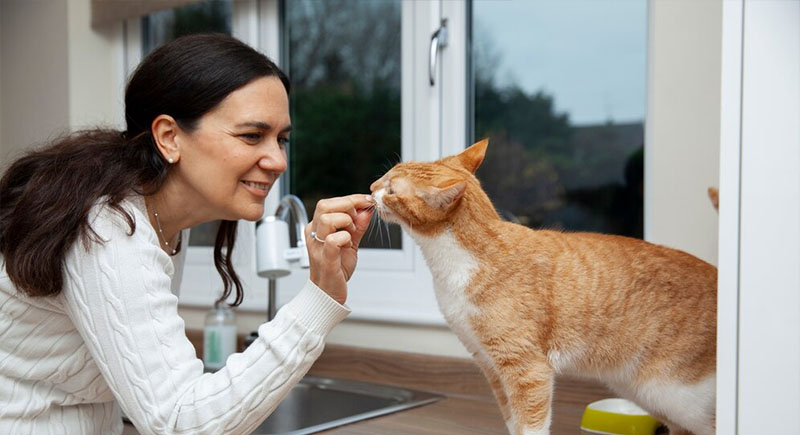
Credit: freepik
Choosing the right caregiver is critical but not always straightforward. A person you trust might not have the time, resources, or willingness to care for your pet. Without their clear consent and legal backing, your pet may end up with someone who cannot or will not meet their needs.
Overfunding the Trust

Credit: pexels
Leaving an excessive amount of money in a pet trust can attract scrutiny. Disgruntled heirs may challenge the arrangement, claiming the funds could be better allocated. Courts have even adjusted overly generous pet trusts in the past, possibly undermining your intentions for your pet’s long-term care.
Underfunding the Trust
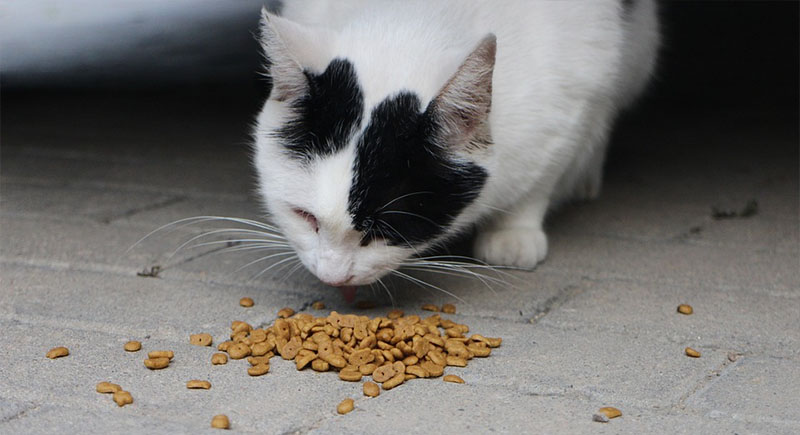
Credit: pixabay
A pet trust with insufficient funds leaves caregivers financially burdened, potentially resulting in inadequate care. Pets require resources for food, grooming, medical care, and more. If the trust runs out of money, caregivers might struggle to meet your pet’s needs, jeopardizing their quality of life and well-being.
Lack of Legal Recognition

Credit: pixabay
While all U.S. states now recognize pet trusts, their enforceability and rules vary widely. Some jurisdictions have limited oversight, which could result in funds being misused. If you live or move to an area where pet trusts are less regulated, your plans might not provide the intended protection.
Tax Implications

Credit: pexels
Setting up a pet trust can create unexpected tax burdens for your estate or the designated caregiver. Without proper planning, taxes can significantly reduce the funds allocated for your pet’s care. Consulting with an estate planner or tax professional is essential to minimize these financial complications.
Unintended Beneficiaries

Credit: freepik
If your plans lack clear legal documentation, your pet’s care could fall to someone you never intended. This situation might arise if your primary choice for caregiver refuses the responsibility or predeceases you. Without contingencies, the court may assign your pet to someone unsuitable or unfamiliar.
Changes in Caregiver Circumstances

Credit: freepik
The person you choose to care for your pet may experience life changes—financial struggles, relocation, or illness—that make caring for your pet impossible. If your trust doesn’t account for these changes with alternative caregivers, your pet’s future care may be left uncertain or disrupted.
Mismanagement of Funds

Credit: pexels
Assigning a trustee who mishandles the funds in your pet trust can have devastating consequences. Without adequate financial oversight, money intended for your pet’s care might be spent inappropriately or mismanaged. Properly vetting and choosing a reliable trustee is essential to ensure your pet’s needs are met.
Lack of Specific Care Instructions
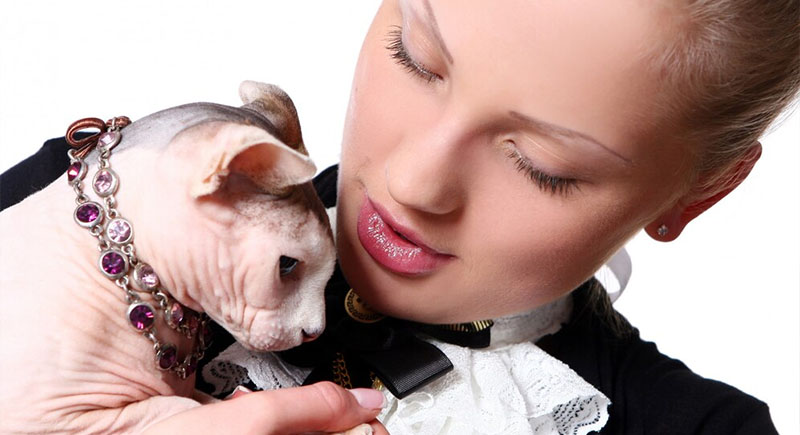
Credit: freepik
Without detailed care instructions in your will or trust, your pet might not receive the lifestyle or attention they’re accustomed to. Vague or missing guidelines can leave caregivers uncertain about dietary needs, medical care, or living arrangements, potentially compromising your pet’s comfort and well-being.
Absence of Regular Updates

Credit: pexels
Failing to update your pet inheritance plans can cause confusion or problems. Acquiring new pets, changes in your pet’s health, or alterations to your estate require adjustments to your plans. Outdated provisions might not reflect your current wishes, leaving your pets in an unanticipated situation.
Emotional Toll on Caregivers

Credit: pexels
Assigning a caregiver without their explicit agreement can create significant emotional and financial stress. The person might not be equipped to handle the responsibility, leading to resentment or subpar care for your pet. Clear communication and consent are essential to avoid these complications.
Potential for Legal Challenges

Credit: pexels
Heirs dissatisfied with your decision to leave assets for a pet may contest your will or trust. Legal challenges can delay the execution of your wishes, leaving your pet’s care in limbo. Proactively addressing potential conflicts through proper estate planning minimizes these risks.
Veterinary Cost Inflation Over Time
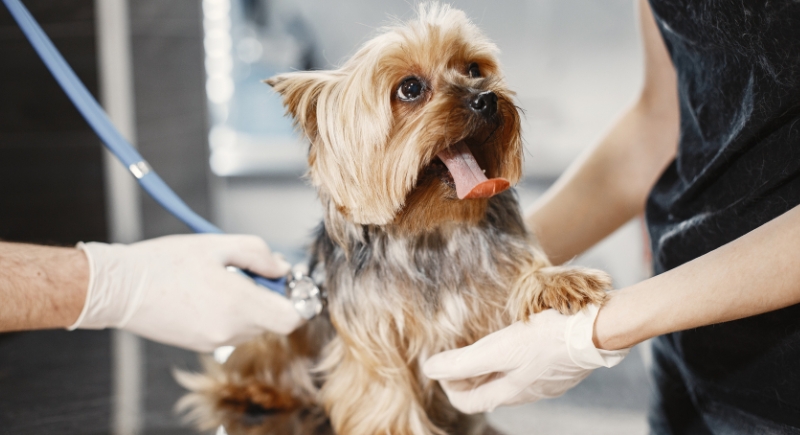
Credit: pexels
Rising veterinary costs can complicate even the most carefully planned pet inheritance. Routine care, medications, and emergency treatments have steadily increased in cost over the years, making it more challenging to accurately estimate long-term expenses. If the funds you leave don’t keep pace with inflation, your chosen caregiver may struggle to cover future medical needs.
Hidden Costs of End-of-Life Pet Care

Credit: Getty Images
End-of-life care often brings expenses that many owners don’t anticipate. Hospice services, pain management, mobility supports, and humane euthanasia can add up quickly. These costs can place unexpected strain on the caregiver you’ve designated. Without planning for these final stages, even a well-funded arrangement may fall short when it matters most.